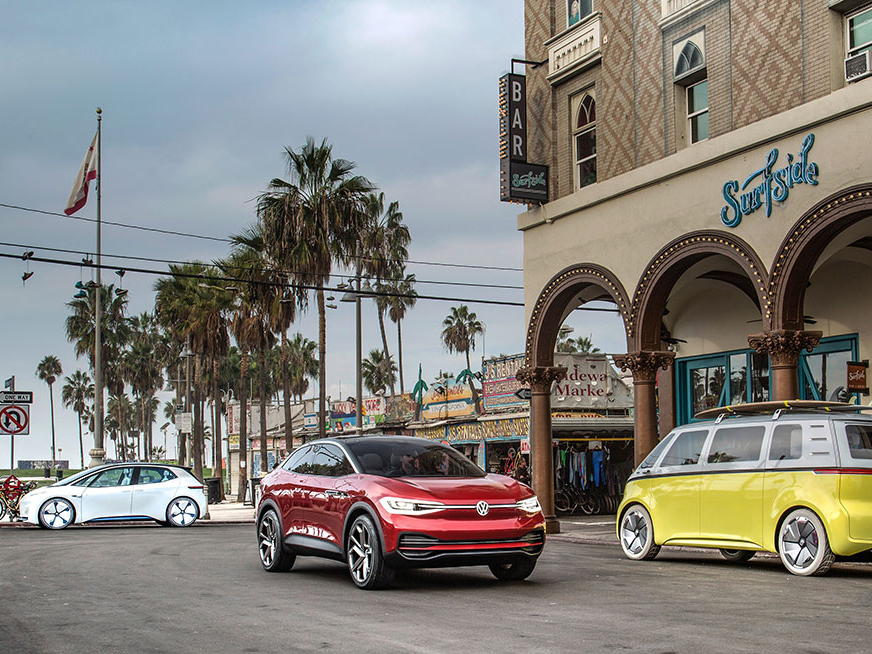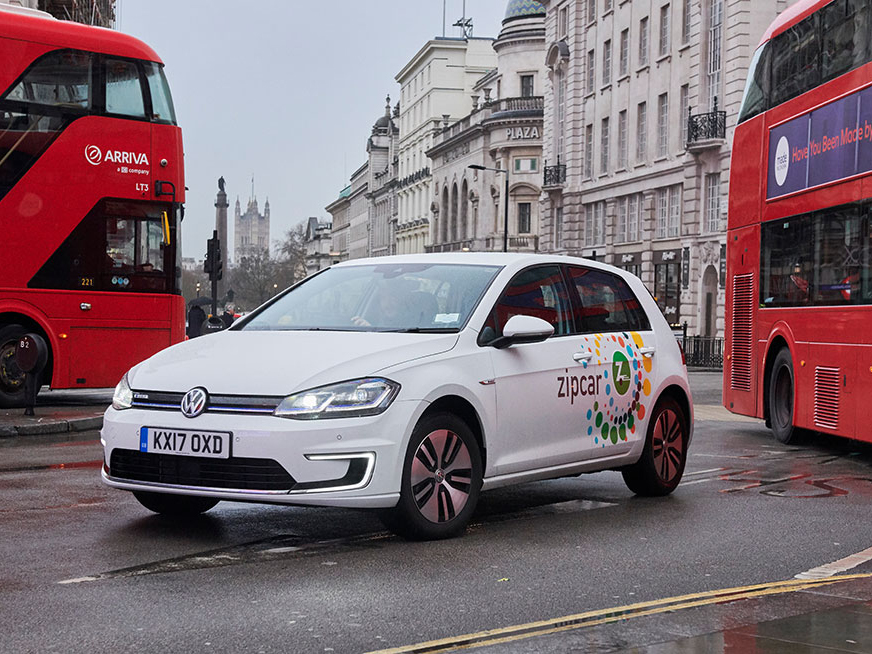E-mobility: different countries, different incentives
More and more governments are incentivising e-mobility, each in a different way: tax deductions, bureaucratic advantages or benefits when it comes to traffic restrictions. Here is an overview.
One of the challenges that electric mobility has to face is convincing motorists to set aside their preconceived notions and experience the advantages of an innovative, clean and sustainable technology. Purchase incentives have a weight in this process, but each market has its own rules and the strategy to reach this goal consequently changes.
There are usually three main levers to use: exemption from taxes, tax deductions and advantages relating to traffic restrictions. Some countries use one or two of these, some others all three, offering them to private owners as well as to drivers of company vehicles – seeing as company car fleets play a significant part in all car markets. However, while direct incentives create immediate benefits, tax credits are advantageous in the medium term, after three or four years on average. In general, one of the most common approaches is the bonus-malus system, in other words increasing economic burdens on high-emission vehicles and at the same time incentivising low-emission cars.
Let’s take a look at how electric mobility incentives work in different countries – and some may surprise you!
China
China is the world’s largest market for electric cars and sales there continue to enjoy three-figure growth, thanks to low-cost offers and a broader selection, as well as a strong incentive policy. Furthermore, electric vehicles are not subject to registration restrictions – the number of new license plates in China is limited – or driving bans on certain days. Purchase incentives vary depending on battery capacity and therefore on the range of the car; these incentives have been recently revised and will be cut later this year before completely expiring after 2020.
In concrete terms, this means that for pure electric cars with a range of over 400 km, purchase contributions will be reduced from the current CNY 55,000 to CNY 25,000 (from approx. €7,300 to €3,300). Electric ranges between 250km and below 400km will receive CNY 18,000 (2,400 Euros), while ranges under 250km will no longer receive purchase incentives. Last year, more than 75,000 pure electric cars were sold in China. With the addition of 247,000 plug-in hybrid electric vehicles (PHEV), it made the NEV (New Energy Vehicle) balance surpass one million units for the first time. Despite the reduction in subsidies, customer demand is expected to remain high due to government-imposed targets.
USA

In the USA, when purchasing electric cars, all federal taxes that depend on fuel consumption are waived. Buyers of electric cars are also entitled to a federal tax credit of up to 7,500 US dollars, but there is a limit: as soon as a manufacturer’s total sales of electric cars have reached 200,000 units, the subsidy for models from this manufacturer will expire. So far, only two companies have reached this limit.
Norway

Norway has been a forerunner in the introduction of e-mobility and is currently the leader in renewable energy production feeding its energy grid. In 2018 every third vehicle sold in Norway was electric and in the first quarter of 2019 the ratio rose to one out of two. The reasons behind this are largely due to the strong incentive policies: zero-emission, i.e. full-electric, vehicles are not subject to import tax; in addition, electric cars are not subject to the 25 percent VAT on motor vehicles, and other advantages include limited use of bus lanes in selected areas and savings on ferry crossings, tolls and parking fees.
Thanks to this tax advantage, Norway is one of the few markets in the world where the price of an electric car is at the same level as that of a similarly sized vehicle with a combustion engine.
Germany
In Germany, incentives worth up to €4,000 – combined with the same amount by the government and the manufacturer – are limited to the purchase of electric cars up to a value of €60,000. Moreover, electric cars are also exempt from vehicle tax for up to ten years from purchase and, since January of this year, users of electric company cars, which are also used privately, have enjoyed further tax advantages. A special tax bonus is also available dependent on the capacity of the vehicle’s battery and this can reduce the list price of imports by up to €10,000.
France
France has a bonus-malus system (incentive/tax) under which vehicles with the highest CO2 emissions have to pay a surcharge – more than 10,000 Euros for the vehicles with the highest emissions. For electric vehicles, this in turn provides an incentive to buy, an eco-bonus of 6,000 Euros (it may/must not exceed 27 percent of the vehicle value). In addition, there is a scrappage bonus for older petrol or diesel models of up to 2,500 Euros.
Netherlands
In the Netherlands, for pure electric cars there are no registration taxes, which are based on the CO2 emissions of a vehicle. For instance, a petrol-powered vehicle with CO2 emissions of 100g/km is subject to a registration tax of 2,355 Euros for this tax alone. In addition, electric and hybrid vehicles are exempt from vehicle tax until 2020. Like in Germany, there are tax benefits for company car drivers who also use the vehicles privately.
United Kingdom

Plug-in vehicle grants of up to £3,500 are available to all consumers buying a pure electric vehicle in the UK. Private use of company cars is also subject to taxes of around half the rate as an equivalent petrol or Diesel model. In addition, zero emission vehicles are exempt both from London Congestion Charge (£11.50 per day to enter the city centre) and from the additional £12.50 daily charge for entering the recently introduced Ultra Low Emission Zone (ULEZ).
Sweden
Sweden introduced a bonus-malus system for incentivising the purchase of electric vehicles: owners can receive a purchase incentive bonus of up to €5,700, which must not exceed 25% of the value of the vehicle. The bonus is paid directly to the owner six months after the purchase in order to prevent possible speculation.
Italy
In Italy, purchase incentives for electric vehicles can be up to €6,000. For full electric vehicles (with CO2 emissions below 20 g/km), a €4,000 bonus is available, with an additional €2,000 when scrapping an Euro 1 to Euro 4 vehicle.
Romania
Surprising perhaps, Romania is one of the countries that offers the most significant government subsidies for electric cars: as a matter of fact, there is a purchase incentive of up to €10,000 and an additional €1,500 for scrapping a vehicle older than eight years. It is currently the strongest incentive policy in the entire EU.
Source: Volkswagen AG
